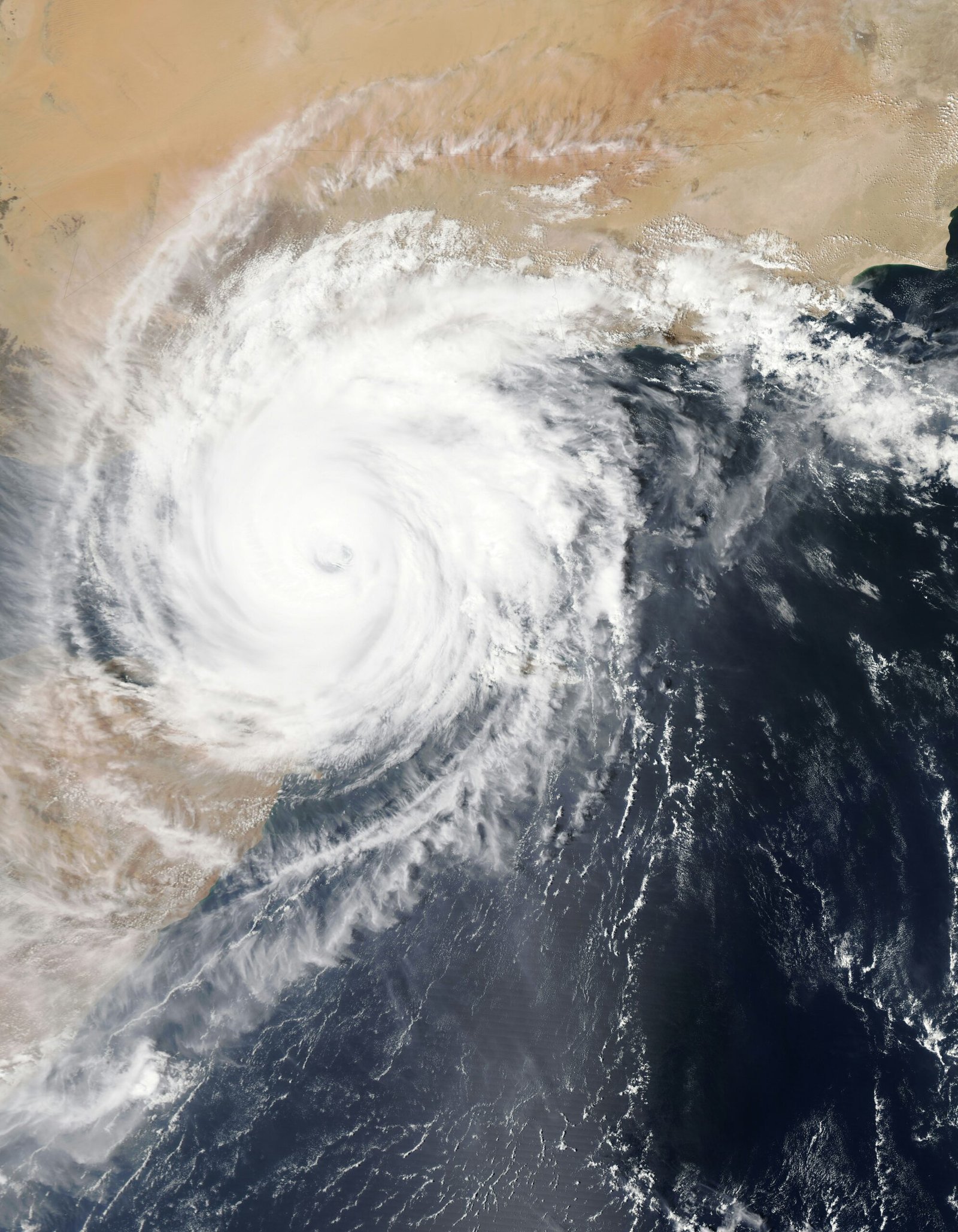Cyclone Connections: Seeking Solace and Support During Cyclones
When a cyclone strikes, it brings with it destruction and chaos. The impact of such natural disasters goes beyond physical damage; it also affects the emotional well-being of those affected. In times of crisis, humans have an innate need for connection and support. This article explores the importance of seeking solace and finding support during cyclones.
The Emotional Toll of Cyclones
Cyclones can be traumatic events, leaving individuals and communities devastated. The loss of homes, livelihoods, and even loved ones can have a profound impact on mental health. It is crucial to recognize and address the emotional toll of cyclones to promote healing and resilience.
During such challenging times, individuals often experience a range of emotions, including fear, anxiety, grief, and a sense of helplessness. These emotions can be overwhelming and may lead to mental health issues such as post-traumatic stress disorder (PTSD) and depression.
The Power of Connection
In the face of adversity, human connection becomes even more vital. Connecting with others who have experienced similar situations can provide a sense of validation and support. It reminds individuals that they are not alone in their struggles and that there is hope for recovery.
Communities often come together during cyclones, forming support networks that offer emotional solace and practical assistance. These connections can be made through various channels, such as community centers, support groups, or online forums. Sharing experiences, providing comfort, and offering assistance can help individuals cope with the aftermath of a cyclone.
Seeking Professional Support
While community support is essential, it is equally important to seek professional help when needed. Mental health professionals can provide guidance and support to individuals struggling with the emotional impact of cyclones. They can offer counseling services, coping strategies, and resources to aid in the recovery process.
Recognizing the signs of distress in oneself or others is crucial. Symptoms such as persistent sadness, anxiety, sleep disturbances, and difficulty functioning in daily life should not be ignored. Seeking professional support can help individuals navigate through these challenges and rebuild their lives.
Rebuilding and Resilience
After the storm has passed, the process of rebuilding begins. This includes not only physical reconstruction but also emotional healing. Building resilience is key to moving forward and adapting to the new normal.
Support networks play a vital role in the rebuilding process. They offer a safe space for individuals to share their stories, express their emotions, and find strength in collective experiences. Through these connections, individuals can find solace, support, and the motivation to rebuild their lives.
Rebuilding also involves taking care of one’s mental health. Engaging in self-care activities, such as exercise, meditation, and spending time with loved ones, can help individuals regain a sense of normalcy and well-being.
Conclusion
Cyclones bring devastation, but they also highlight the resilience and strength of the human spirit. Seeking solace and support during these challenging times is crucial for emotional healing and rebuilding lives. Whether through community connections or professional help, reaching out and connecting with others can provide the support needed to overcome the emotional toll of cyclones.
Remember, you are not alone. Together, we can weather the storm and emerge stronger than before.

